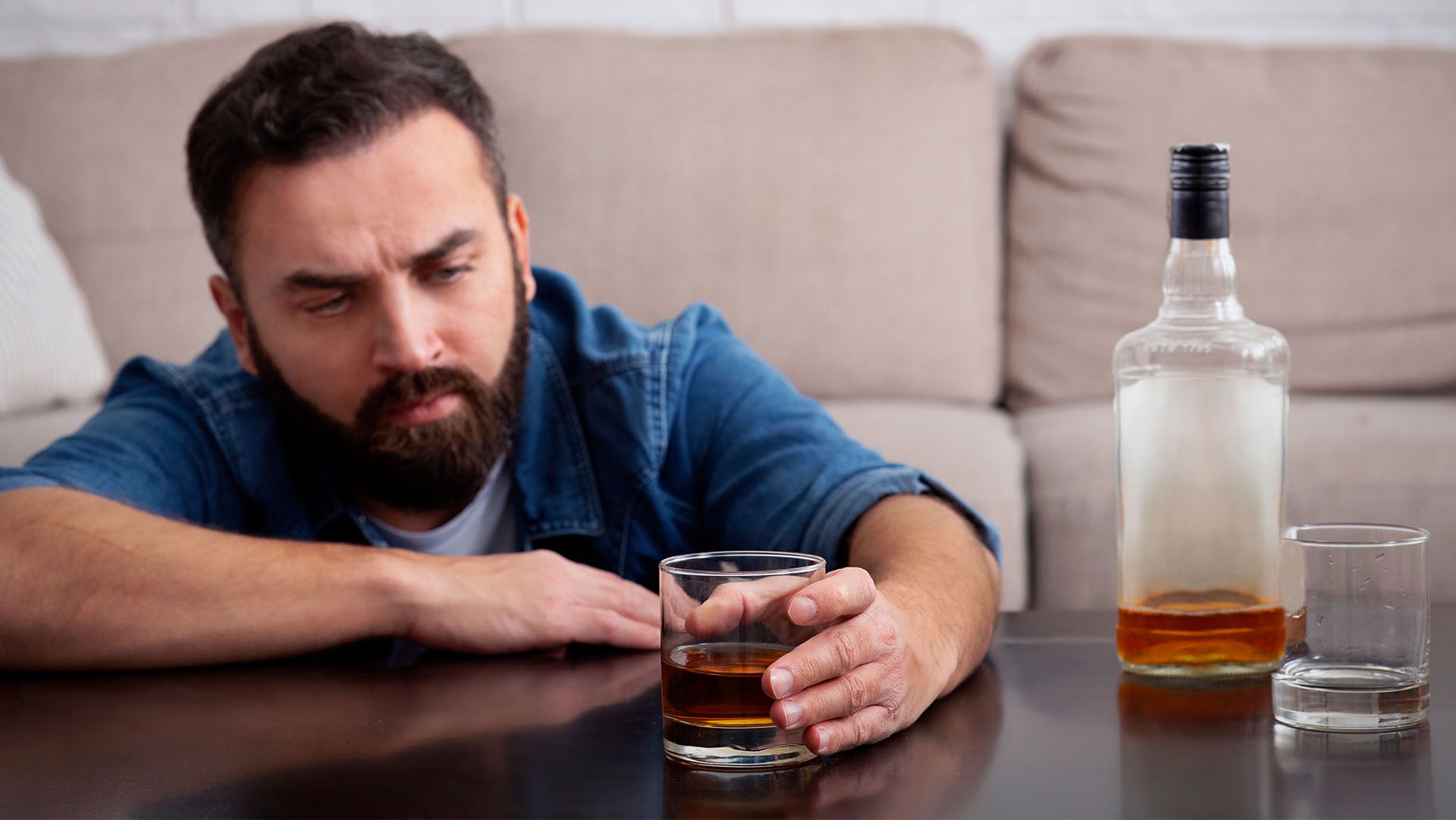Gateway Drug Rehab
When most people think of a gateway drug, they envision a teenage marijuana smoker who eventually graduates to “harder” drugs. But marijuana’s status as a gateway drug remains controversial, with many experts arguing that casual marijuana use does not increase the likelihood of subsequent use of harder drugs. What is clear, though, is this: If you’re addicted to a gateway drug, you shouldn’t be worried about subsequently becoming addicted to a harder drug. You need to worry about your current addiction!
It doesn’t matter whether the drugs you use are legal or illegal, hard or soft, gateway or not; what matters is how they affect your life. Addiction is a disease, and if you need gateway drug rehab or help with drug addiction, rehab can help.
What is a Gateway Drug?
A gateway drug refers to a drug that increases the likelihood that you’ll eventually use other drugs. In this regard, every drug is a gateway drug, since exposure to addictive substances is a generalized risk factor for subsequent drug use. What you may be surprised to learn, though, is that research suggests that nicotine—legal, and often treated as a harmful but forgivable vice—is the biggest gateway drug of all.
Any drug can be a gateway drug, and many drugs spark such strong addictions that addicts try other drugs to attempt to ease withdrawal symptoms. The traits of gateway drugs include:
- They are more readily available than some other drugs.
- They are commonly used with, or in the same environment as, harder drugs.
- They are viewed as “soft” drugs relative to the harder drugs to which they introduce the user.
- They may be legal.
Prescription drugs are a common gateway drug, and research suggests that a significant portion of young people use prescription drugs as an easy high. These drugs often serve as gateways to chemically similar hard drugs. For instance, a teen who abuses prescription opiates is at a heightened risk of eventually quenching her craving for opiates with a drug such as heroin.
Addiction vs. Recreational Use
Because many addictive drugs are legal or decriminalized, users frequently treat these drugs as less dangerous. And this attitude is precisely the approach that gets so many addicts hooked on these drugs. A drug’s legal status tells you nothing about how dangerous it is; any mind-altering substance can become addictive, and legal drugs, including prescription pills, are no exception.
There’s absolutely no benefit to using drugs on a recreational basis, but some users are interested in discerning the difference between recreational use and addiction. If you meet all of the following criteria, you are likely a recreational user, not an addict:
- You do not use drugs every day, and you go long periods of time without using at all.
- You do not experience physical or psychological cravings when you try to stop.
- Drugs don’t form an important part of your life, and most of your friends do not use drugs.
- You only use drugs socially.
- You don’t use drugs alone.
- You don’t use drugs to cope with untreated physical or mental illness.
- You have no previous history of addiction.
- Addiction does not run in your family.
- You do not endanger yourself or others to gain access to or use drugs.
Of course, the fact that you’re not an addict now doesn’t mean you’re not at risk of becoming one. Anyone can become an addict, and the single biggest risk factor for addiction is drug use. Consider quitting recreational drugs now to reduce your chances of suffering the misery of addiction. You’ll save yourself time, money, and much distress.
Am I an Addict?
If you’re unsure whether you’re an addict, desperate to believe you’re not, or have spent endless time trying to convince loved ones you don’t have a problem, consider this: denial is a symptom of addiction, and most addicts are quite adamant that they neither have a problem nor need help.
If you’re unsure, ask yourself the following questions. If you answer yes to three or more, you need help with drug addiction:
- Do you neglect personal responsibilities to use drugs?
- Do you used drugs to cope with mental or physical illnesses?
- Do you lie to others about your reliance on drugs?
- Do you use drugs every day?
- Do you experience withdrawal symptoms when you attempt to quit using?
- Have you done things you regret while under the influence of drugs?
- Have other people asked you to quit using drugs?
- Do you mix multiple drugs, or use drugs while under the influence of alcohol or drugs?
- Do you break the law to get drugs, or have you been arrested because of your drug use?
- Is drug use interfering with your career?
- Have you experienced mental or physical health problems as a result of your drug use?
- Have you ever accidentally overdosed, or had to go to the hospital because of drugs?
- Do you use drugs to feel “normal?”
Gateway Drug Rehab
If you need help for drug addiction, the right gateway drug rehab can help you begin putting the pieces of your life back together. No two addicts are exactly alike, so there are lots of addiction programs, each designed to meet the needs of a specific group of addicts. It’s important, then, to choose a program where you feel supported and understood. Every good rehab includes at least the following:
- Formal and informal group support in the form of 12-step programs and group therapy, as well as the chance to regularly chat with other recovering addicts.
- Individual counseling to help you explore the factors that contribute to your addiction and identify practical strategies for addressing these challenges.
- A sober living environment.
- Family support programs, such as family therapy, family visitation days, and family education about the disease of addiction.
- Medical care as you navigate the detox process, as well as help to manage any underlying mental or physical health conditions with which you struggle.
- Lifestyle skills training so you can learn a new “addiction” with which to replace drugs and alcohol, and so you can adopt a healthy lifestyle that will enable you to maintain your sobriety.
Staying Sober After You Seek Help for Drug Addiction
About half of all addicts eventually relapse, and people addicted to gateway drugs are no different. You’ll need to develop a clear plan to maintain your sobriety for the rest of your life, and that includes during times of stress or temptation. A healthy lifestyle, lots of support from loved ones, and regular “tune-ups” with your therapist or 12-step program can all help you kick the habit, remain healthy, and go onto live a satisfying and meaningful life.
Contact Addiction Rehab Centres Canada today!
Further Reading:
Drug Rehab Program
Prescription Drug Rehab
Marijuana Addiction Explained
Drug Addiction Explained
Is Marijuana a Gateway Drug
Nicotine as a Gateway Drug







